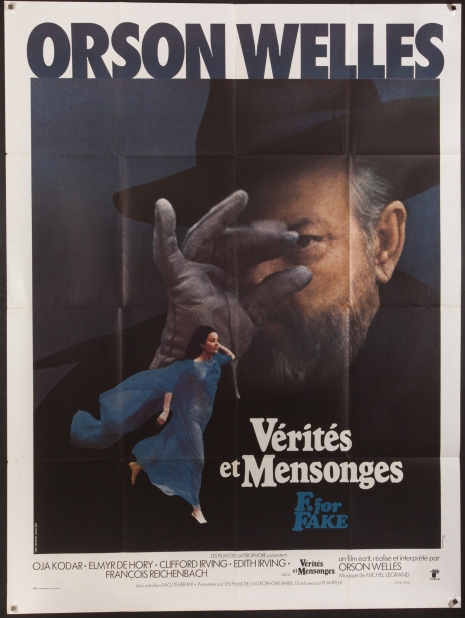This sounds like the psychologists fallacy put forth by William James:
“Whenever two people meet, there are really six people present. There is each man as he sees himself, each man as the other person sees him, and each man as he really is.”
―
William James
"The great snare of the psychologist is the confusion of his own standpoint with that of the
mental fact about which he is making his report. I shall hereafter call this the ‘psychologist's fallacy’ par excellence."
The psychologist … stands outside of the mental state he speaks of. Both itself and its object are objects for him. Now when it is a
cognitive state (percept, thought, concept, etc.), he ordinarily has no other way of naming it than as the thought, percept, etc.,
of that object. He himself meanwhile, knowing the self-same object in
his way, gets easily led to suppose that the thought which is
of it, knows it in the same way in which he knows it, although this is often very far from being the case.
-James




